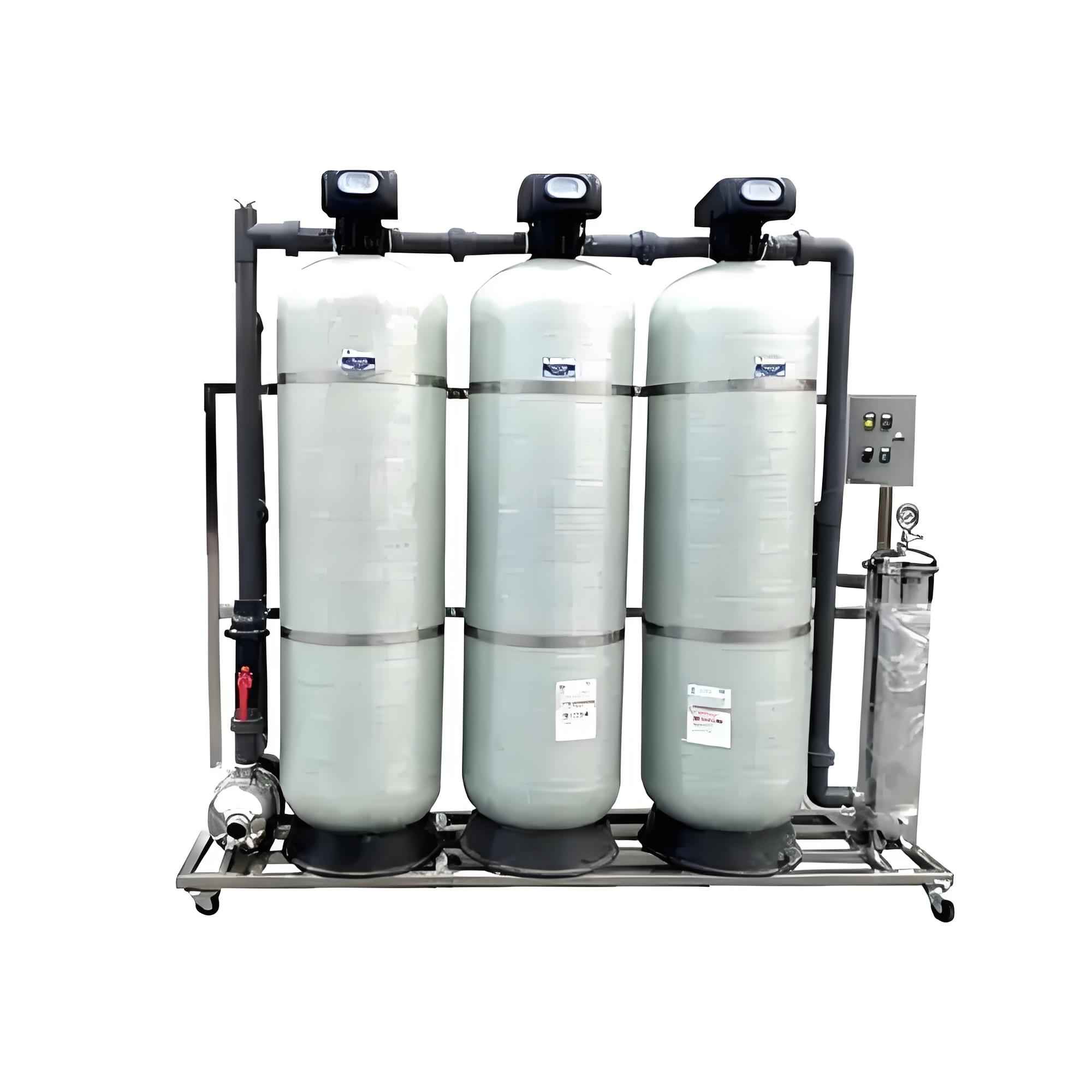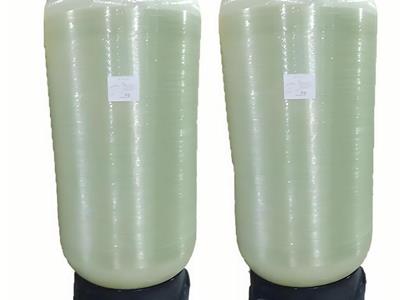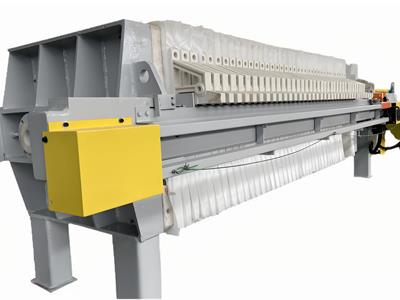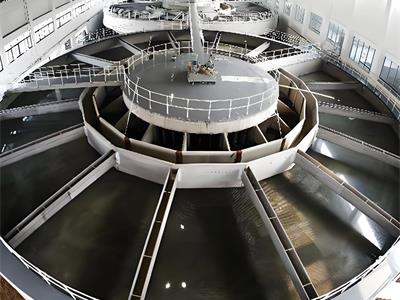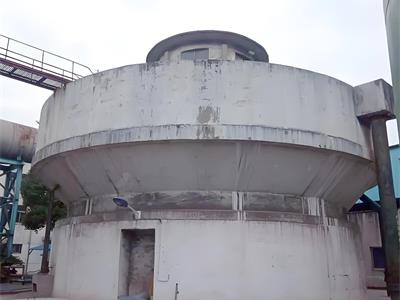- 2025-07-22
Reverse Osmosis Boiler Feed Water
The efficient operation of the boiler system depends on strict feed water quality control. The pretreatment system needs to remove the following pollutants in a targeted manner:
Scaling factors: calcium/magnesium hardness ions, silica (need to be controlled ≤0.02ppm), aluminum and iron-manganese metal ions
Corrosion factors: dissolved oxygen, carbon dioxide and copper ions (risk of high-pressure turbine deposition)
System damage factors: suspended solids, organic matter and abnormal alkalinity
Limitations of traditional water treatment processes
Sole reliance on ion exchange or chemical dosing has inherent defects:
Water softeners cannot remove silica and TDS
Frequent regeneration leads to a sharp increase in acid and alkali consumption
Water quality fluctuations aggravate condensation system corrosion
RO pretreatment system solution
Using reverse osmosis as the core process can simultaneously achieve:
Process optimization
Configure RO system before desalination device to reduce regeneration frequency and reagent consumption by 60%
Replace traditional water softener to eliminate steam contamination risk caused by alkalinity fluctuation
Engineering specification
Use ASME certified pressure vessel
Configure online water quality monitoring (conductivity/pH/ORP)
Modular design adapts to 5-500m³/h treatment scale
Improve economic benefits of the whole system
Reduced energy consumption: Clean heat transfer surface to improve thermal efficiency, reduce fuel cost per ton of steam by 15%
Maintenance optimization: scale inhibition rate ≥ 95% to extend furnace cleaning cycle, shorten annual downtime by 40%
Chemical emission reduction: reduce the amount of scale inhibitor/neutralizer by 50%
Life extension: control feed water pH 8.5-9.5, the service life of key equipment is increased by 3-5 years
Key indicators for water quality control
Control parameters Target range Mechanism of action
Dissolved oxygen ≤0.007ppm Inhibit oxygen corrosion
Total iron ≤0.01ppm Prevent corrosion under sediments
Silicon dioxide ≤0.02ppm Eliminate silicate scaling
Alkalinity Maintain buffer capacity Control the corrosion rate of the condensation system

